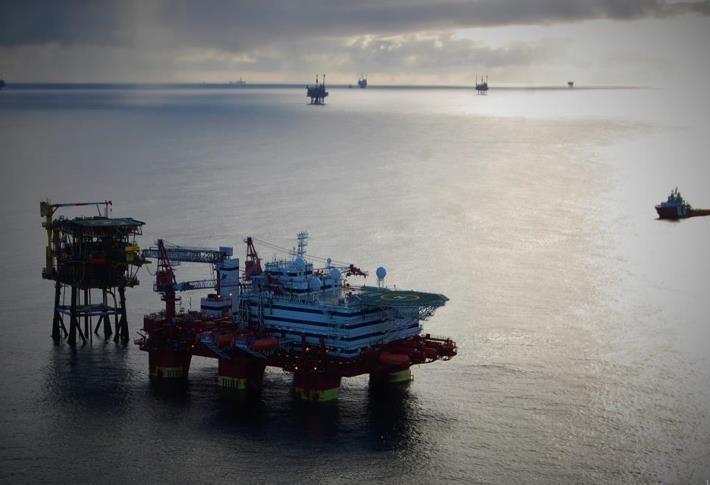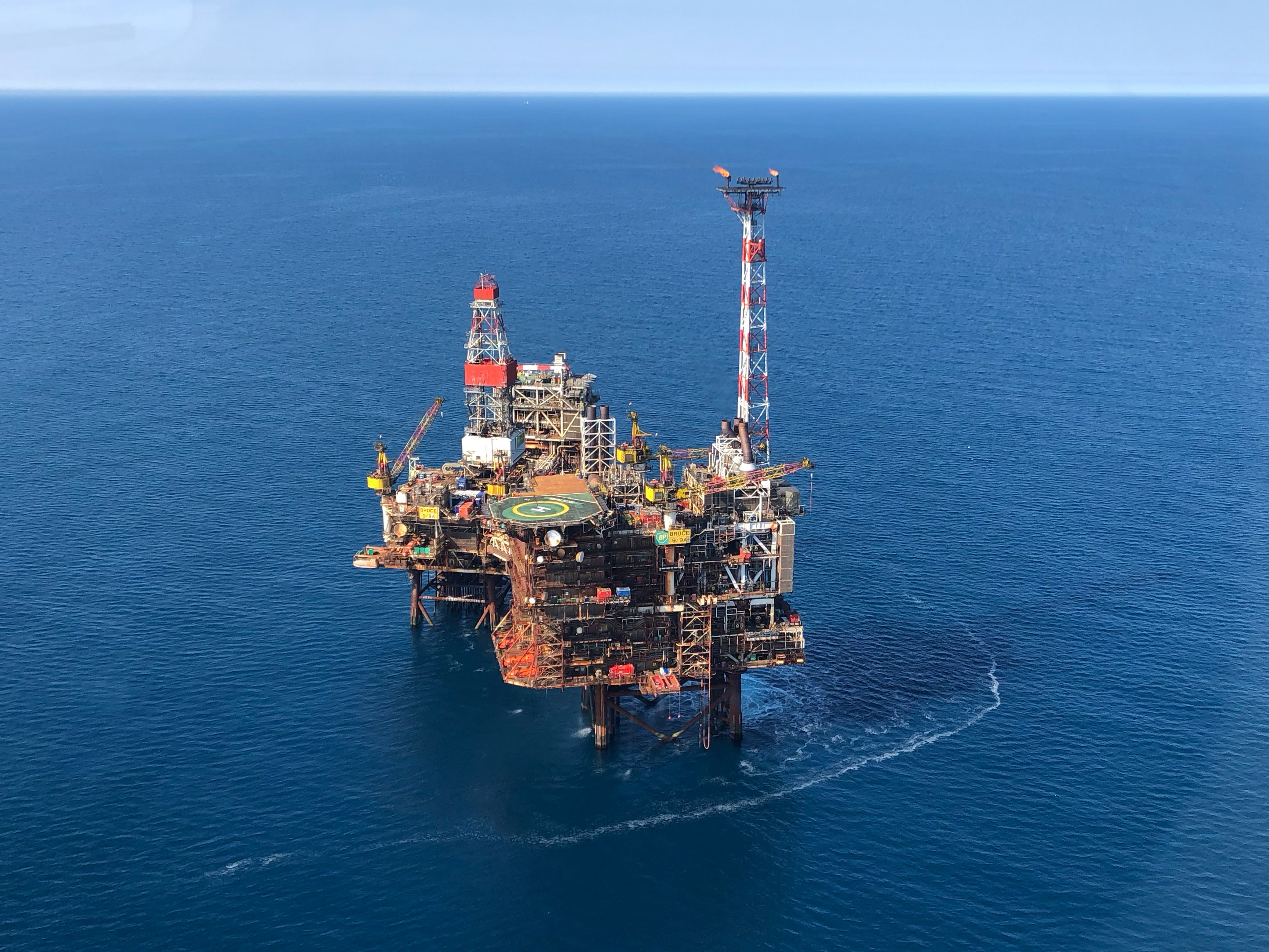
New progress reports from the North Sea oil and gas regulator show that efficiency across the basin fell, while operating costs rose by nearly a quarter.
The North Sea Transition Authority (NSTA) reports that shutdowns delayed due to the pandemic and inflationary pressures came together to result in a “challenging” 2021 for operators.
Total operating expenditure for the basin was £7.2bn, compared with £6.6bn in 2020.
The regulator published its two major benchmarking reports for the sector last week, examining production efficiency (PE) and unit operating costs (UOCs).
Overall PE – the volume of hydrocarbons produced expressed as a percentage of the maximum potential capacity – fell by seven percentage points to 73% last year. The trend returns the industry to below the regulator’s longstanding 80% target, which it had successfully reached in 2019 and 2020.
Indeed, less than one-third of North Sea hubs successfully met the 80% target.
Despite the drop, the authors said the impact was not as severe as had been potentially forecast, and was largely the result of delayed major maintenance, namely the shutdown of the Forties Pipeline System (FPS).
Total oil and gas production fell from 1.6 million barrels of oil equivalent per day (boepd) to 1.3 million boepd, meaning a loss of around 44 million boe.
The regulator said it was working together with operators to ensure “a swift recovery” in PE during 2022.
At the same time UOCs – the average cost to extract one barrel (or unit) of hydrocarbons – increased by nearly a quarter, from £11.10/boe to £15.24/boe.
This is again largely a function of increased shutdowns and maintenance activity, however the NSTA notes that global economic trends and inflationary pressures – and plateauing production – mean that UOCs are likely to remain high in the coming years, at just below £15/boe.
Indeed, the report finds that UOCs rose for 20 of the 27 North Sea operators, as more than half also increased operating expenditure.
90% of these costs are attributable to the oil and gas field expenditure, while around 10% relate to pipelines and terminals.
“Continuing the cost discipline and efficiency focus demonstrated by operators in recent years will help to ensure the UKCS remains competitive internationally on a cost basis,” the NSTA added.
Recommended for you
